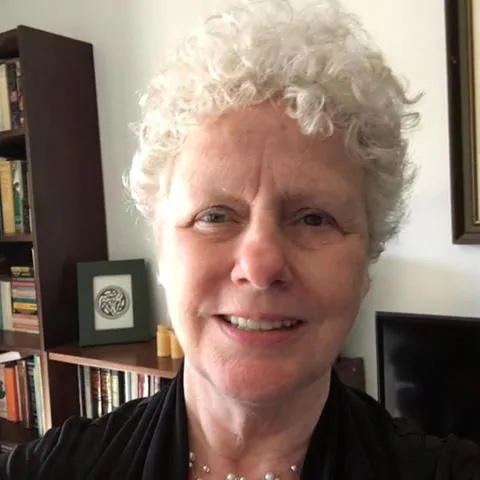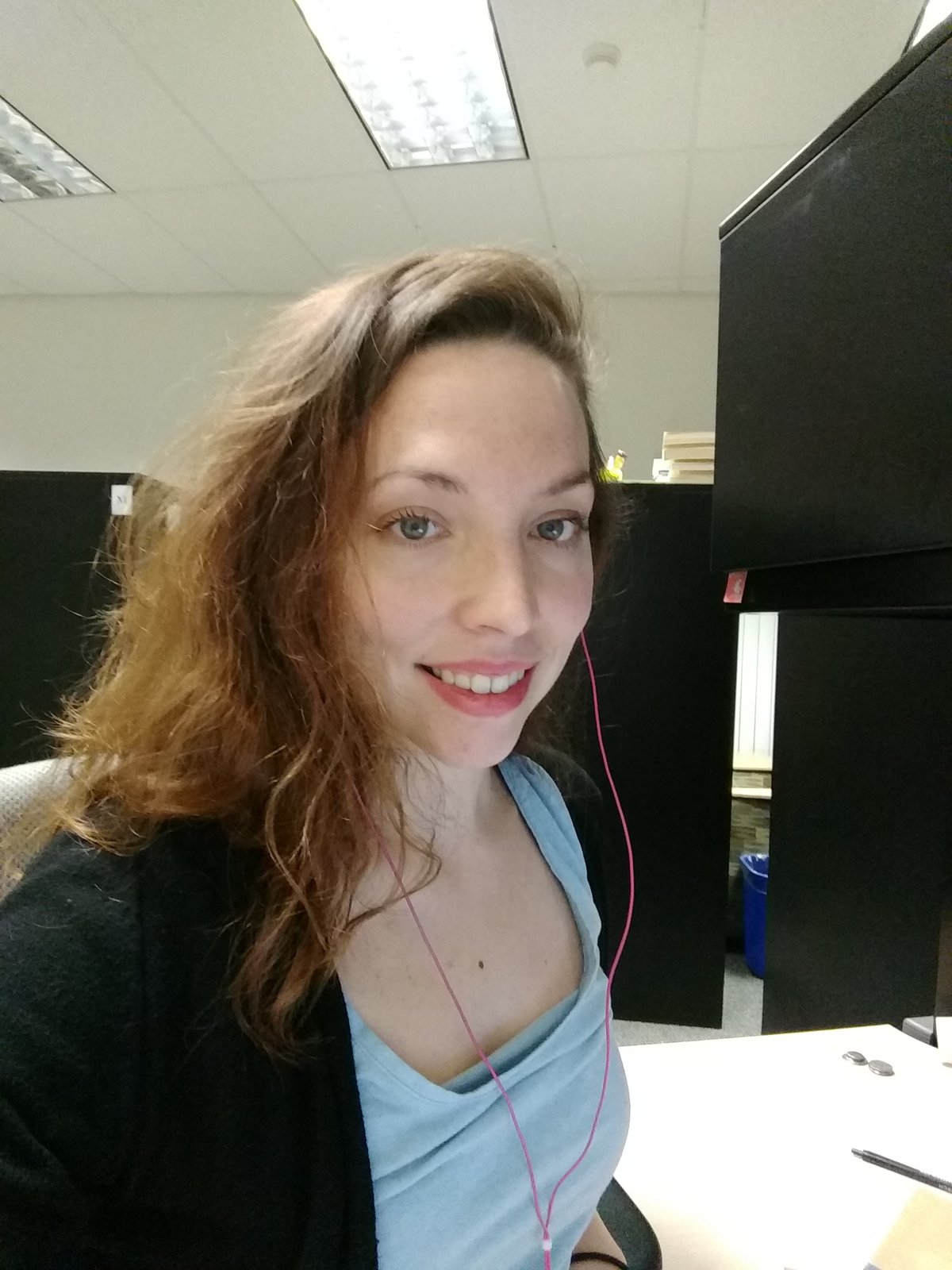My guest today was Toni Pickard, founder of Coalition Canada and member of the Basic Income Network of Canada. Toni is a retired professor of law at Queens University and has spent her time, since retirement, analyzing the history of Basic Income programs in Canada and working for a just future for all Canadians. She took us through the history of Basic Income pilots in Canada, the arguments in favour of BI and countered the arguments against universal basic income.
I have been intrigued by the idea of Basic Income programs. My interest was first peaked when the then Liberal Government of Ontario announced a Basic Income pilot for select towns in Ontario. Of course, that program was cancelled swiftly after the Liberals lost the election and the Conservatives came to power.
The very notion that people don’t have to struggle to pay for basic needs has resonated with me. As a person with a disability, I spent close to 10 years on the province’s social assistance program- and it was tremendously difficult. I was demoralized: I felt the system kept me poor (through claw backs of any income I did earn) and with a monthly amount that was far below cost of living. I won’t ever forget that feeling of hopelessness.
So, when the Federal government started to hint very strongly that perhaps a Basic Income program was in the works- I was so excited. I told our manager, Andy Frank, that I really hoped it would come to fruition. We are facing the deepest recession in a century due to COVID-19 and surely the government knows how to roll out a large-scale program like Basic Income having done something very similar with CERB. Surely, now, Guaranteed Basic Income will finally have its moment in the sun.
When no such announcement came as part of the Throne Speech- I was bitterly disappointed. I know intellectually I shouldn’t have been surprised, but I know Canadians are struggling right now and Basic Income seemed to be a strong policy option to alleviate poverty, preserve the health and wellbeing of families and help our economy get back on track.
To those who would argue that such programs aren’t sustainable: I challenge you to think about whether hunger, poverty and homelessness are sustainable!
Generally, I try and walk a middle ground. I try- more often than not, to avoid taking a position for or against. But in this instance, I will make an exception to my own rule and say that Canada needs a change of policy: the time to act on implementing Basic Income is now!










